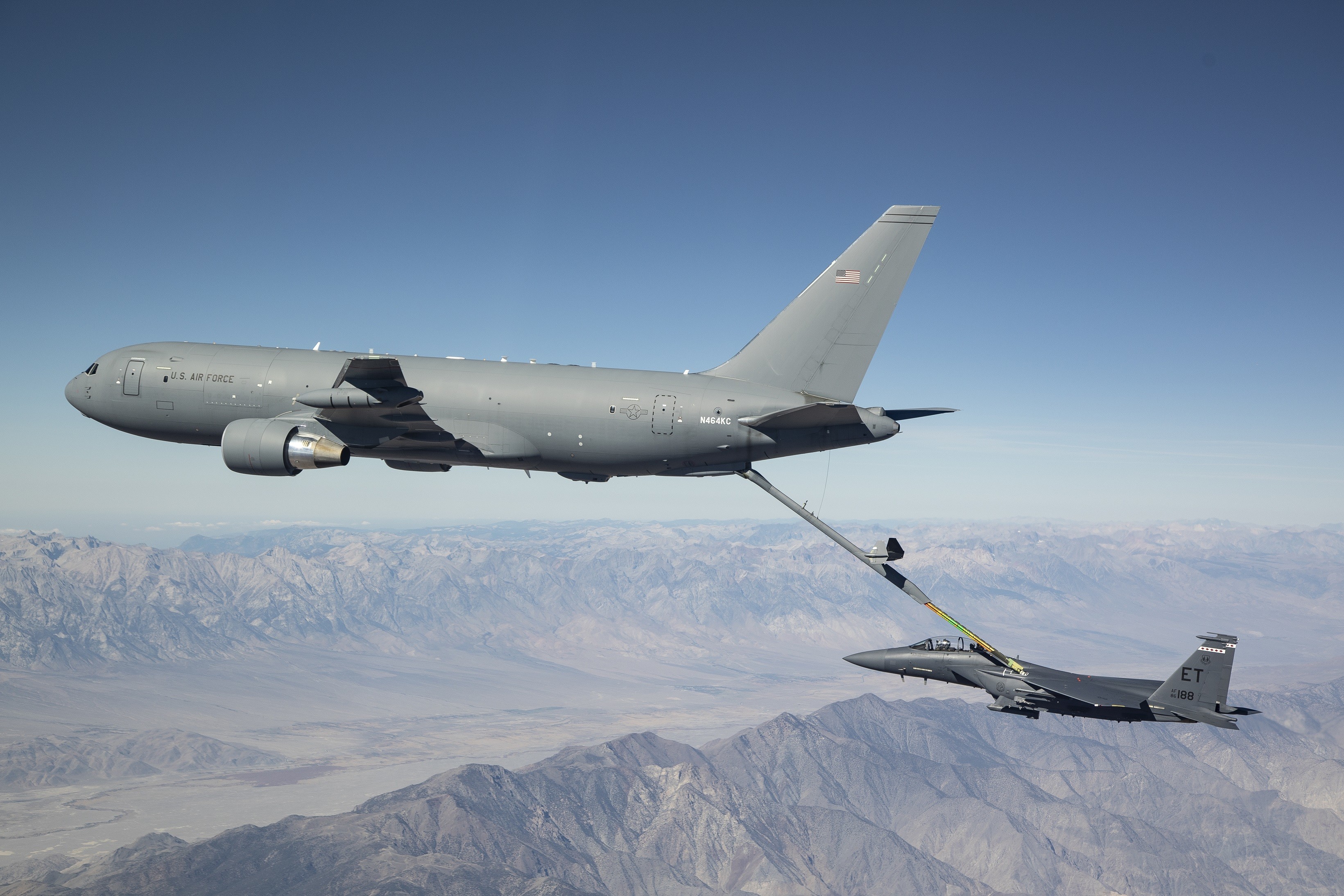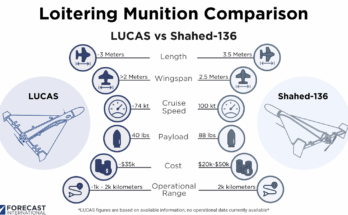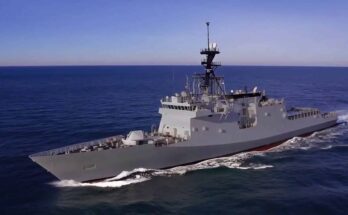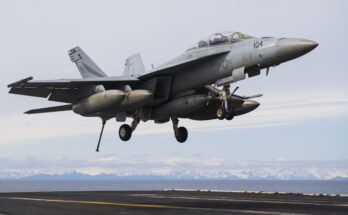BY AUDREY DECKER, Staff Writer, Defense One
KC-46, P-8 facilities affected in what was already expected to be another down quarter, company officials say.

Boeing’s defense programs are caught in the crossfire after the company workers rejected a new labor contract and went on strike in the Pacific Northwest.
Over 30,000 Boeing machinists have stopped working at the company’s aircraft-production facilities, which build the commercial-derived Air Force KC-46 tanker and Navy P-8 maritime aircraft.
“The tanker program is going to be impacted by the [Boeing Commercial Airlines] factory disruption, and now work stoppage, so that is going to flow through the tanker rates, which is going to be more cost pressure,” Boeing chief financial officer Brian West said today during a Morgan Stanley conference.
Late Thursday evening, workers voted down a proposed agreement between Boeing and the International Association of Machinists and Aerospace Workers, the union representing Boeing employees in Washington and Oregon.
A protracted strike could disrupt aircraft deliveries to the Pentagon.
West also previewed another bad quarter for the company’s defense business, which logged nearly a billion dollars in losses last quarter.
“Margins are going to be negative, and they’re going to be similar to the second quarter margin rate, and that’s a disappointment,” he said.
The losses are due in part to “higher disruption” across the fighter programs, West said, as the company winds down the F/A-18 Super Hornet production line and starts to ramp up F-15EX production.
Boeing is also continuing to lose money on fixed-price development contracts such as the Air Force’s T-7 trainer jet and the Navy’s MQ-25 unmanned refuelers, West said. “We are working in the test phase of the T-7 and approaching the build phase of the MQ-25, but these are development programs, and we are dealing with challenges,” he said.
Defense One delivers news, timely analysis, and bold ideas on the topics and trends that are defining the future of U.S. defense and international security.
Founded in 2013, Defense One gives military and security professionals, stakeholders, and citizens what they need to know, from senior leaders in Washington to commanders abroad and next-generation thinkers far from the political scrum. Our journalists write breaking news of the day and in-depth stories shining a critical light across the national security landscape. Defense One publishes innovative, fearless commentary from old hands and new voices in the national-security community. We stage live events with exclusive newsmaker interviews and discussions led by our experienced journalists. And we produce award-winning podcasts and informative videos.




